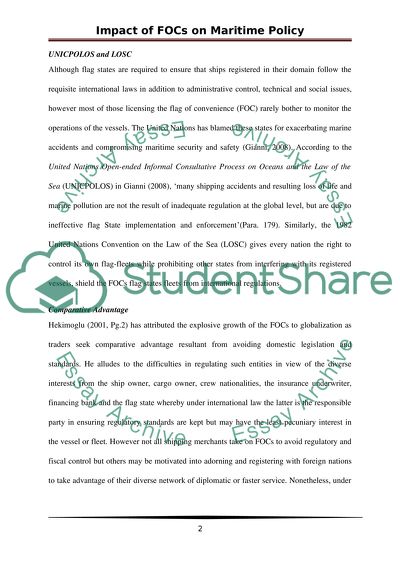Cite this document
(“Maritime Policy Essay Example | Topics and Well Written Essays - 3000 words - 1”, n.d.)
Maritime Policy Essay Example | Topics and Well Written Essays - 3000 words - 1. Retrieved from https://studentshare.org/miscellaneous/1563453-maritime-policy
Maritime Policy Essay Example | Topics and Well Written Essays - 3000 words - 1. Retrieved from https://studentshare.org/miscellaneous/1563453-maritime-policy
(Maritime Policy Essay Example | Topics and Well Written Essays - 3000 Words - 1)
Maritime Policy Essay Example | Topics and Well Written Essays - 3000 Words - 1. https://studentshare.org/miscellaneous/1563453-maritime-policy.
Maritime Policy Essay Example | Topics and Well Written Essays - 3000 Words - 1. https://studentshare.org/miscellaneous/1563453-maritime-policy.
“Maritime Policy Essay Example | Topics and Well Written Essays - 3000 Words - 1”, n.d. https://studentshare.org/miscellaneous/1563453-maritime-policy.


